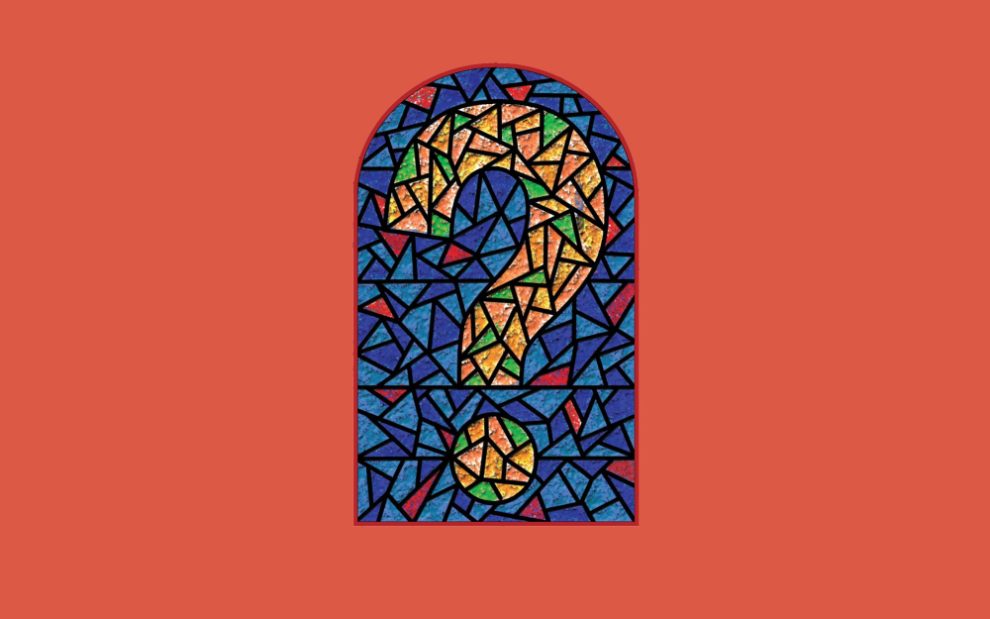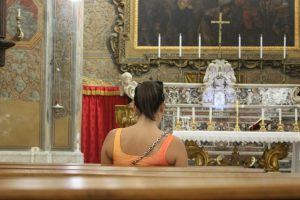Listen on: Apple | Google | Spotify
Radical equality, regardless of gender, ethnicity, or social class, was at the heart of the faith and practice of the early church. And throughout history the institutional church, as well as individual Catholics, sometimes defended and advanced women’s rights. However, from the very beginning, the church has also been dominated by male voices. And institutional Catholicism has a rigidly patriarchal structure today, with women barred from positions of influence and leadership. Some contemporary Catholic thinkers, including recent popes, claim to promote the dignity of women, but have frequently spoken about women in a reductionist and dehumanizing way.
While some Catholics are quick to assert that the Catholic Church has been one of the most staunch defenders of women over the ages, others would argue that Catholicism has repeatedly stood in the way of progress toward gender equality. Those who view the church as misogynistic don’t have to look very far to find sexist quotations and even whole sermons from influential saints and theologians throughout church history.
But what does the Catholic Church really teach about whether men and women are equal? On this episode of the podcast, hosts Emily Sanna and Rebecca Bratten Weiss talk to scholar Phyllis Zagano about the church’s teaching on women’s equality.
Zagano has published extensively on women in church history, especially women deacons. Her most recent book is Just Church: Catholic Social Teaching, Women, and Synodality (Paulist Press). She is one of the most influential and respected scholars on the role of women in the church.
You can learn more about this topic and read some of Zagano’s writing, in these links.
- “Does the Catholic Church really believe women are people?” an excerpt from Phyllis Zagano’s new book Just Church: Catholic Social Teaching, Synodality, and Women (Paulist Press)
- “What’s the problem with women deacons?” by Phyllis Zagano
- “Women and authority in the church,” by Phyllis Zagano
- “New Vatican constitution will create more space at the table.” A U.S. Catholic Interview
- “In synod discussion of women’s ordination, the diaconate is neglected,” by Phyllis Zagano
- “Is the Catholic Church ready for women cardinals?” by Phyllis Zagano
Glad You Asked is sponsored by the Claretian Missionaries.













Add comment